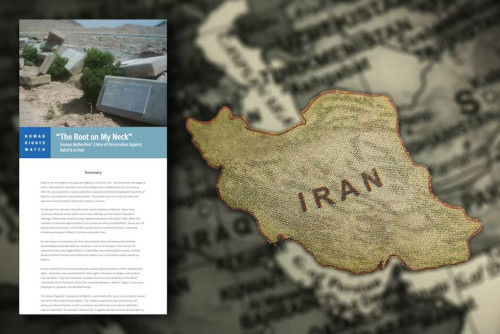February 23, 2024
BIC NEW YORK — Organizations and institutions that weave essential moral and ethical convictions through the core of their operations, recognizing that the welfare of any segment of humanity is inextricably linked to the welfare of the whole, emerge as more effective agents for societal change.
This insight is at the heart of a new statement by the Bahá’í International Community (BIC), which forms part of its contribution to the 68th session of the United Nations’ Commission on the Status of Women (CSW) to be held in March.
Titled “Reimagining the Role of Institutions in Building Gender-Equal Societies,” the statement describes how institutions aiming to foster gender-equal societies must embrace flexibility in their structures and operations and work to foster a deep sense of shared endeavor around the cause of gender equality.
The BIC examines some of the steps and implications for institutions as they pursue this transformative path and contribute to broader societal progress—for example, assisting in the implementation of global agendas or national policies to be more responsive to the context-specific realities facing women and girls in different localities.
Liliane Nkunzimana, a representative of the BIC: “We are interested in learning about this journey of institutions, for example exploring the collaborative efforts of women and men to cultivate a more equitable organizational culture,” she notes.
“These shifts,” continues Ms. Nkunzimana, “would see institutions characterized by qualities such as flexibility, responsiveness, and collaboration, moving away from the traditionally patriarchal norms of authoritarianism and competitiveness.”
The statement of the BIC for the upcoming CSW can be found here.




